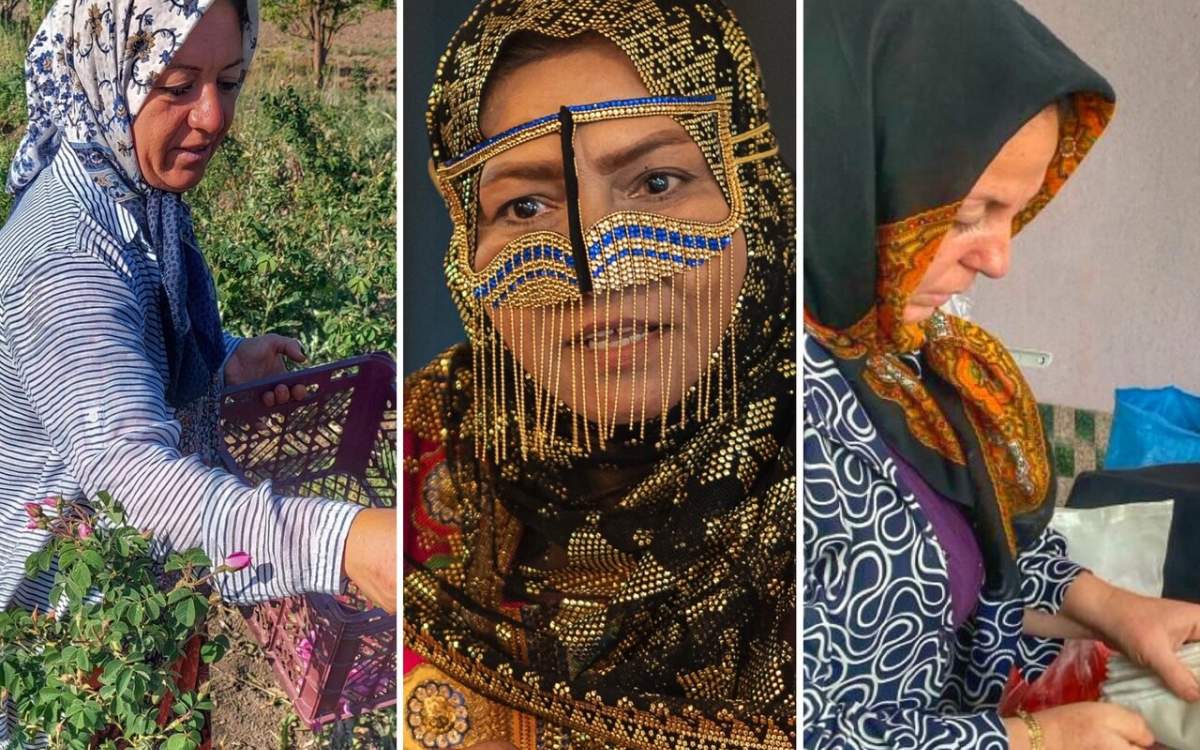The Iran Project
: Over the years, the United Nations Development Program (UNDP) in Iran, in collaboration with both national and international partners, has taken significant steps in empowering women economically through various initiatives.
Thursday 28 March 2024 - 00:20
Story Code : 418416
Source : Tehran Times
UNDP takes significant steps in empowering Iranian women
In a report published on March 14, UNDP depicted the inspiring stories of Razieh, Masoumeh, and Zahra who are producing visibility items and products for UNDP Iran.
Their dedication showcases the significant benefits that result from adopting sustainable practices, both in terms of environmental protection and the empowerment of women, who are the backbone of society.
The first stop was the northwest of Iran, West Azarbaijan province, where Masoumeh and Zahra have made contributions to the Conservation of Iranian Wetlands Project.
The initiative in preserving wetlands has yielded notable outcomes, including an almost 2.5% boost in employment opportunities, positively affecting 1,443 individuals – 84% of whom are women – across 44 pilot villages.
This project has played a pivotal role in diversifying income sources and fostering new income-generating ventures, thereby enabling communities to develop new skills and tap into various markets.
Masoumeh specializes in producing herbal products, such as growing and harvesting herbal teas, offering a range of benefits. These include Gol-e-Mohammadi, also known as Damask Rose, and Gol Gavzabon, or Borage.
In a nearby village, Zahra collaborates with other local women in a sewing workshop, where they craft tote bags. This initiative is particularly meaningful given the environmental impact of plastic bags, which, due to their non-renewable petrochemical makeup, can take up to 1,000 years to break down.
The journey continues to Hormozgan province in the south of Iran, home to Razieh, an ambitious entrepreneur. She oversees a rural microfinance fund with nine other members, operating a business focused on tailoring and local clothing.
Through the cluster of local businesses, Razieh has not only enhanced her entrepreneurship skills but also empowered 170 women in neighboring villages, equipping them with the competitive edge needed to thrive.
Over in Bandar Abbas, women are busy making stunning traditional clothing and colorful crafts. Their creations are full of detailed patterns and bright colors, reflecting the rich cultural heritage of their coastal home.
Reporter : Editorial of The Iran Project
# Tags











